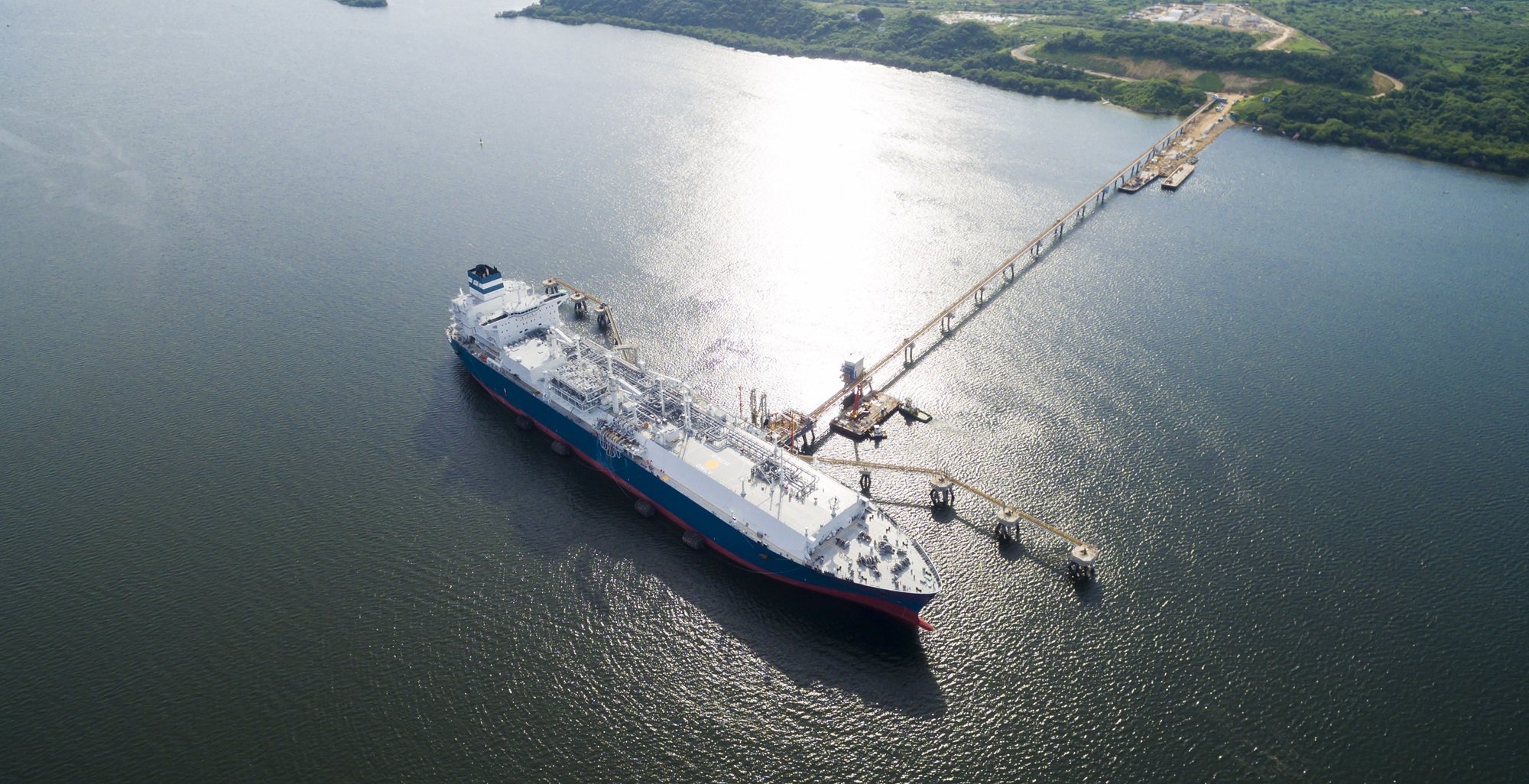Brazil’s port sector invested R$512.4 million in environmental initiatives between 2023 and 2024, according to the Sustainability Diagnosis report released by the Ministry of Ports and Airports (MPor) in partnership with the Brazilian Association of Port Terminals (ATP). The study analyzed 78 participants in the maritime logistics sector, divided into three categories: Public Ports (16), Lease Areas (33), and Private Terminals (TUPs – 29).
“We at the Ministry of Ports and Airports are deeply pleased because, for the first time in Brazil’s history, we have launched the country’s first sustainability diagnosis. More importantly, we are introducing a strategic plan that increasingly integrates an ESG agenda into the Ministry’s work,” said Silvio Costa Filho, Minister of Ports and Airports.
The study represents the second phase of MPor’s long-term ESG initiative, which began with the development of a national Sustainability Policy and the creation of the Sustainability Pact.
Environmental dimension
Among the transport modes analyzed (ports, navigation, and airports), the port sector led in environmental investments, totaling R$512.4 million. Private Terminals (TUPs) accounted for the largest share with R$290.7 million, followed by port authorities (R$138 million) and leaseholders (R$83.7 million).
Environmental commitment is also reflected in strong adherence to sustainability indicators: 96.2% of participants have environmental compliance, 73.1% maintain a sustainability policy, and 73.1% run decarbonization projects.
Social and governance agenda
In the Social dimension — which includes measures against harassment, gender equity, and community engagement — the port sector again led investment, with R$225.5 million. Private Terminals (TUPs) reported R$181.6 million, port authorities R$28 million, and leaseholders R$15.9 million.
Engagement levels are high: 88.46% support social projects, 88.46% run anti-harassment initiatives, and 87.18% maintain community communication channels.
In Governance, which ensures transparency in management, the sector invested R$69.1 million and achieved an average compliance rate of 77.9% across indicators. This performance was driven by high adoption rates of compliance departments (89.74%), formal social statutes or policies (89.74%), and external audits (87.18%), demonstrating growing maturity in governance practices.
Source: Ministério dos Portos e Aeroportos





